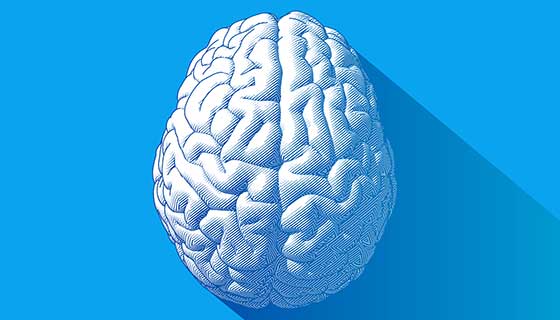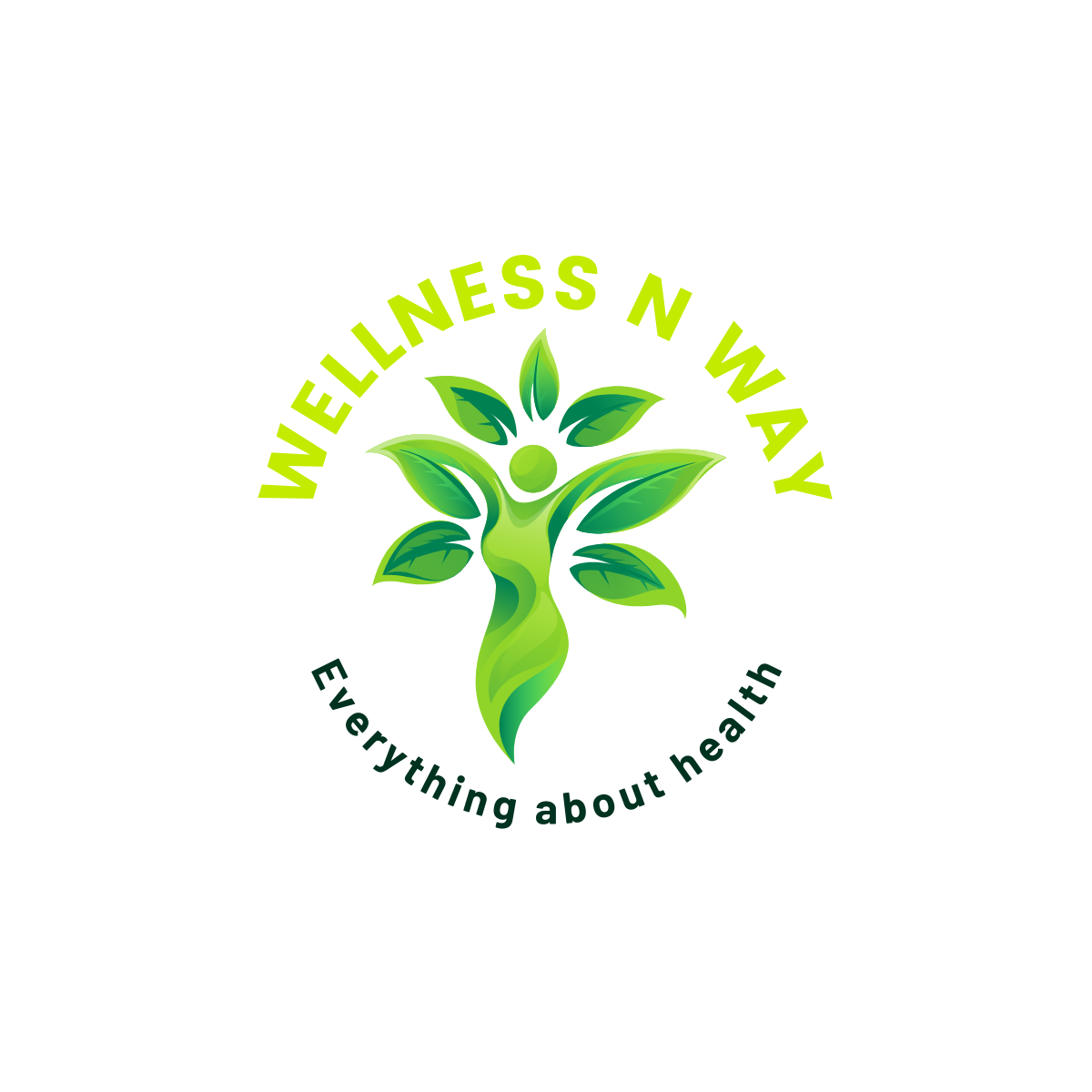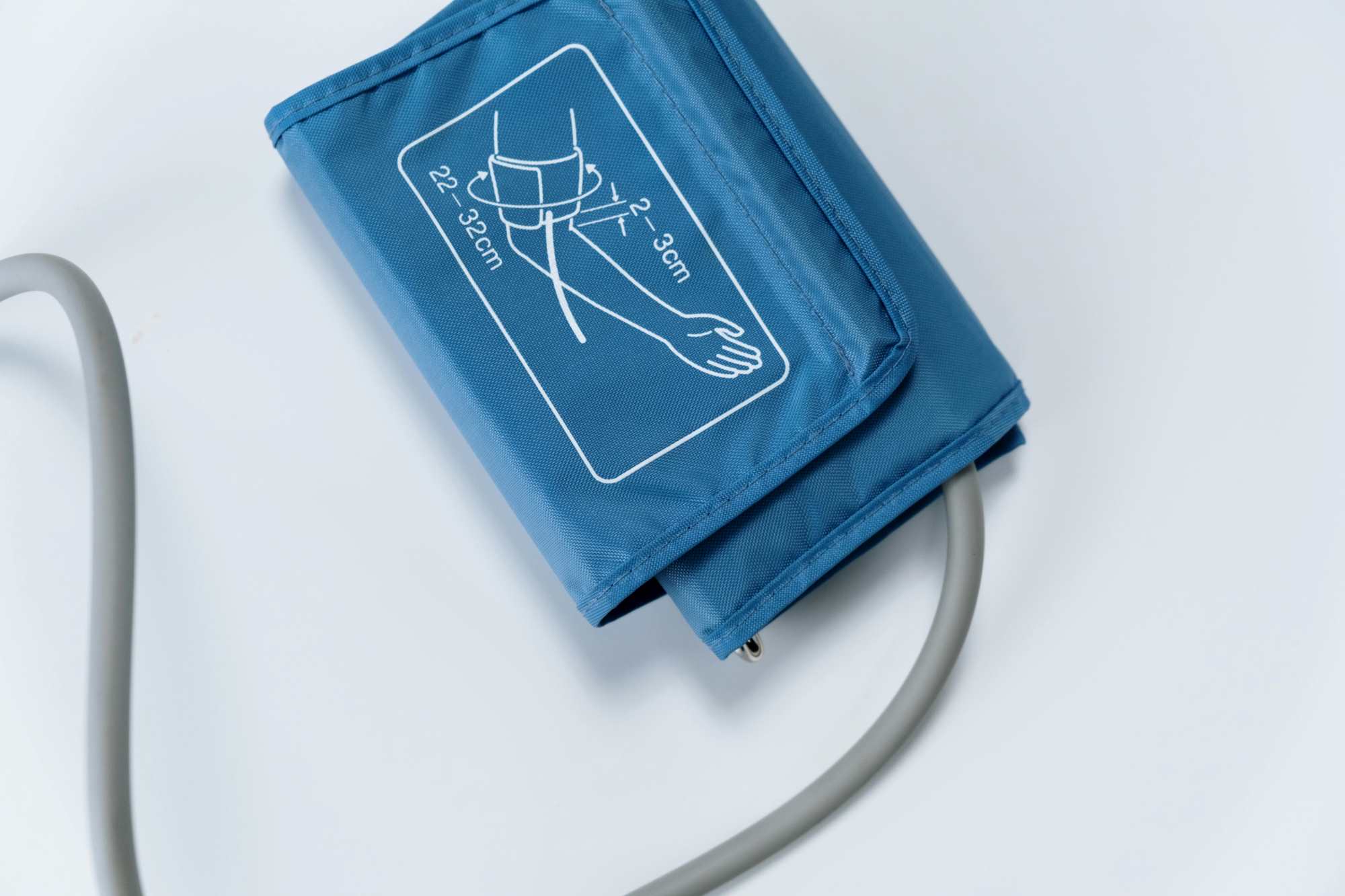
Over 50 million individuals globally suffer from dementia, a condition that impairs cognitive abilities. Memory, intellectual processes, and day-to-day functioning are all parts of cognitive functioning.
Given these startling statistics, a lot of individuals are turning to nutritional supplements in the hopes of enhancing general brain health and avoiding dementia.
However, research indicates that a large number of individuals are not aware of the efficacy or safety of supplements for maintaining brain health. Furthermore, there is insufficient data to back up the claims made about specific supplements, which are promoted as treatments for poor brain health.
We’ll talk about several supplements for brain health in this post, including which ones could be effective and which might not. It will also address whether lifestyle modifications alone may improve brain health or if supplements are required.
A Cautionary Note

Brands of supplements cannot (and should not) make claims about the ability of their products to treat certain illnesses or ailments, such as dementia or Alzheimer’s disease (AD).
Particularly when used alone, supplements are not intended to treat, prevent, or cure any illness. Numerous studies have demonstrated the value of maintaining a generally healthy diet and way of life in preventing illness.
On the other hand, there is a dearth of data that supports the use of any dietary supplement as the only course of therapy or preventative intervention for any illness.
Select supplements that have been verified by reputable organizations like NSF, ConsumerLab, or U.S. Pharmacopeia (USP) whenever at all feasible. Nevertheless, not all supplements are safe or beneficial, even if they have undergone independent testing.
As a result, it’s crucial to discuss any supplements you want to use with your doctor and inquire about any possible drug or supplement interactions.
Foods for a Healthy Brain

Your brain’s health is significantly impacted by your diet and nutrition. Your dietary habits over the long run have a critical role in both your general and mental health.
Certain foods and minerals may be better for your brain than others, according to research on brain health. However, consuming brain-healthy meals sometimes might not be sufficient. What matters considerably more is your diet as a whole.
In extreme situations, not obtaining enough of a specific vitamin through food might potentially cause cognitive deterioration. There is proof that cognitive impairment or possibly dementia can result from low levels. Furthermore, a few studies have indicated a possible connection between cognitive issues and iron deficiency.
Numerous studies on the health of the brain mention a variety of nutrients, including those with probiotic, anti-inflammatory, and antioxidant qualities. It has also been discovered that the brain health benefits of the Mediterranean diet, which emphasizes fruits, vegetables, and olive oil, are significant.
The evidence supporting the benefits of eating for brain health is substantial, but the same cannot be stated for the benefits of supplements for brain health.
Certain nutrients that are often discussed in research on brain health are also frequently included in brain health supplements.
These consist of choline, vitamin E, omega-3 fatty acids, and other micronutrients as well as vitamin B12 and other B vitamins. Nevertheless, there is little proof that taking supplements containing these and other nutrients enhances brain function.
Fatty Acids

One kind of polyunsaturated fatty acid is called omega-3 fatty acid (omega-3s). The only method to raise the body’s levels of omega-3s is through diet and supplementation. There are several omega-3s that are believed to be essential for brain function.7.
A long-chain omega-3 whose function in maintaining brain health has been well studied is docosahexaenoic acid (DHA). Due to its high concentration in the brain, DHA is crucial for the growth and health of the brain. Additionally, compared to individuals who are cognitively sound, researchers have shown that DHA levels are often lower in AD patients.7.
Certain studies have been conducted especially on omega-3 supplementation.
A comprehensive review of research examined how different dietary supplements affected young individuals in good health, including those in the armed forces, in terms of their cognitive function.
Among the trials that were part of the evaluation, researchers discovered that omega-3 supplementation had little to no effect on improving cognitive performance.
Positive outcomes were only found in one trial on an omega-3 supplement that contained DHA and another omega-3 called eicosapentaenoic acid (EPA); however, these results have been shown to be in conflict with other studies.
Nonetheless, there is some evidence that omega-3 supplementation can help persons with AD or dementia or older adults with their cognitive function. Research has demonstrated that taking EPA and DHA supplements increased working memory, brain signaling, executive functioning, and other cognitive functions in persons over 70. Increases in omega-3s were also connected with supplementation.
B12 vitamin

Another nutrient that is critical for maintaining brain function over the course of a lifetime is vitamin B12. Vitamin B12 has always been important for the growth and operation of the central nervous system (CNS), which is comprised of the brain and spinal cord. It is believed that vitamin B12 has a crucial role in preventing dementia and other cognitive disorders.
Low vitamin B12 levels have been linked to idiopathic tiredness, depression, and cognitive deterioration, according to research. Homocysteine is an amino acid that can rise when vitamin B12 levels are low and harm brain or spinal cord neurons.
Nonetheless, research on vitamin B12 supplementation as a cognitive decline therapy has shown contradictory findings. While advanced neurological illnesses have been proven to benefit from B12 supplementation, persons without such problems have not proved to benefit from the same degree.
Additional studies have suggested a possible connection between AD or dementia development and low vitamin B12 levels. The Mini Mental State Exam (MMSE), a measure of mental ability, has shown that individuals with dementia who have low vitamin B12 score worse than those who have appropriate amounts of the vitamin.
Thus, although this notion is not entirely supported, experts have found that low amounts of vitamin B12 may be linked to the onset of dementia.
Multivitamin Supplements
There’s a chance that taking a simple multivitamin pill might improve brain function.
Various micronutrients (vitamins and minerals) that your body requires on a daily basis are included in a multivitamin supplement. Although a well-balanced diet should always come first, a multivitamin can “fill in the gaps” if your diet is deficient in some vitamins or minerals.Thirteen
Although taking a multivitamin is advised for some groups of people (such as expectant mothers), it might not be required for everyone. You can get advice from a healthcare professional about whether or not to take a multivitamin.Thirteen
According to recent studies, older persons with memory problems may benefit from taking multivitamin supplements.
More than 3,000 senior citizens were randomly assigned to take a multivitamin or a placebo every day for three years in a recent research experiment.
It was discovered that the daily multivitamin users had better instant recall memory. Over the course of the three-year study period, these gains persisted.
Since this is a relatively new field of study, further research may be necessary to fully ascertain if taking multivitamins on a regular basis might enhance cognition in older persons or other populations.
Supplements that are either natural or synthetic that are designed to improve brain health and cognition are called nootropics, or “smart drugs”. They comprise ingredients that can be produced in a laboratory or sourced from plants. But the bulk of nootropics are just natural plants.
Similar to other herbal treatments, nootropic supplements are thought to be reasonably safe. Although very few have been shown to have major adverse effects, nothing is known regarding the safety of long-term nootropic usage.
Among the nootropics are:
- Meclofenoxate (DMAE), Nicergoline, and Deanol
- Vinpocetine with Pyritinol
- Dihydroergotoxine Naftidrofuryl
- Lecithin
- Panax ginseng, or ginseng
- Ginkgo (Biloba ginkgo)
- Centella asiatica, often known as Asian pennywor
- Ashwagandha (Indica brevis)
- Chamomile (Bacopa monnieri)
- Paullinia cupana, or guarana
- Rhodiola rosea, or rhodiola
- (Schisandra chinensis) Schisandra
- (Lepidum meyenii) maca root
There are many different nootropics available, some with stronger scientific backing than others. Below is a summary of some of the strong studies that supports various nootropics.
Supplements Not Designed to Improve Brain Function

As it relates to dietary supplements, you can’t always trust what you hear. This may be particularly true for supplements that are meant to improve cognitive function.
There is insufficient evidence to support the use of several supplements that make claims to improve brain health in all cases.
However, other scientists feel that there isn’t enough conclusive data to back up taking any kind of nutritional supplement for brain health. This applies to both healthy individuals and those suffering from dementia or other neurological illnesses.
There isn’t much data to support the use of at least a few dietary supplements for brain health. Among them are:
An over-the-counter (OTC) pill called Prevagen has apoaequorin, a protein that is present in jellyfish. Prevagen’s use for brain health is supported by just one clinical investigation. One study questioned the validity of this clinical trial due to a number of its flaws.
An essential ingredient that functions as an antioxidant is vitamin E. Its possible benefit for brain health has been studied, but the findings have been contradictory, and its application in AD and other disorders is still up for debate. One review claims that there aren’t enough credible research demonstrating vitamin E’s beneficial effects.
More studies are generally required to fully understand how dietary supplements might support brain function. As was previously noted, many academics find it difficult to suggest using supplements to enhance the health of your brain.
Do I Need to Take a Supplement for Brain Health?
Supplements for brain health may not only not function as intended, but there may be safety issues as well.
Remember that unlike prescription drugs, dietary supplements are not subjected to safety or efficacy testing. This implies that certain supplements for brain health can have substances that aren’t stated on the nutrition label or are included in different levels in the supplement.
Seek for third-party tested supplements and speak with a pharmacist, registered dietitian nutritionist (RD or RDN), or healthcare professional before selecting a supplement.
To put this into perspective, just one of the twelve supplements for brain health that were reviewed included the ingredients that were stated on the nutrition label and had undergone third-party testing.
When using dietary supplements, negative effects are generally uncommon but possible. Make careful to only take vitamins as prescribed since taking too much increases your risk of experiencing negative effects.
Some folks might have to completely refrain from using supplements for brain health. Children and those who are pregnant or breastfeeding may need to avoid numerous brain health supplements, unless advised differently by a healthcare professional.
In these groups, many supplements—including those related to brain health—have not been adequately studied.
Furthermore, while a lot of supplements could be generally safe, not much is known about how the minerals or herbs that are frequently included in supplements for brain health may mix with any drugs you may be taking.
Make sure your doctor is aware of any supplements you intend to use. They can assist you in ascertaining whether the supplement could interfere with any prescription drugs or other supplements you use.
Recall that dietary supplements cannot cure or prevent illness on their own. Consult a medical professional to find out if taking a supplement for brain health is appropriate for you.
Additional Strategies to Maintain Brain Health
There are plenty of alternative non-dietary supplement approaches to maintaining brain function.
To preserve your mental well-being and reduce your chances of Alzheimer’s disease (AD) and other neurodegenerative illnesses, the Alzheimer’s Association suggests a number of dietary and lifestyle modifications. Among them are:
- Taking part in regular exercise
- Consuming a diet rich in fruits and vegetables and well-balanced
- Taking lessons at your local community college, online, or via reading books
- Giving up smoking
- Maintaining the health of your heart
- Putting on a seatbelt while driving and a helmet when bicycling
- Getting adequate rest
- Considering your emotional well-being
- Maintaining social interaction Using games, puzzles, and other mental exercises to keep your mind engaged.
Supplements to the diet are generally not needed for any part of health, including mental wellness. To find out more about how to look after your brain, speak with a healthcare professional.



